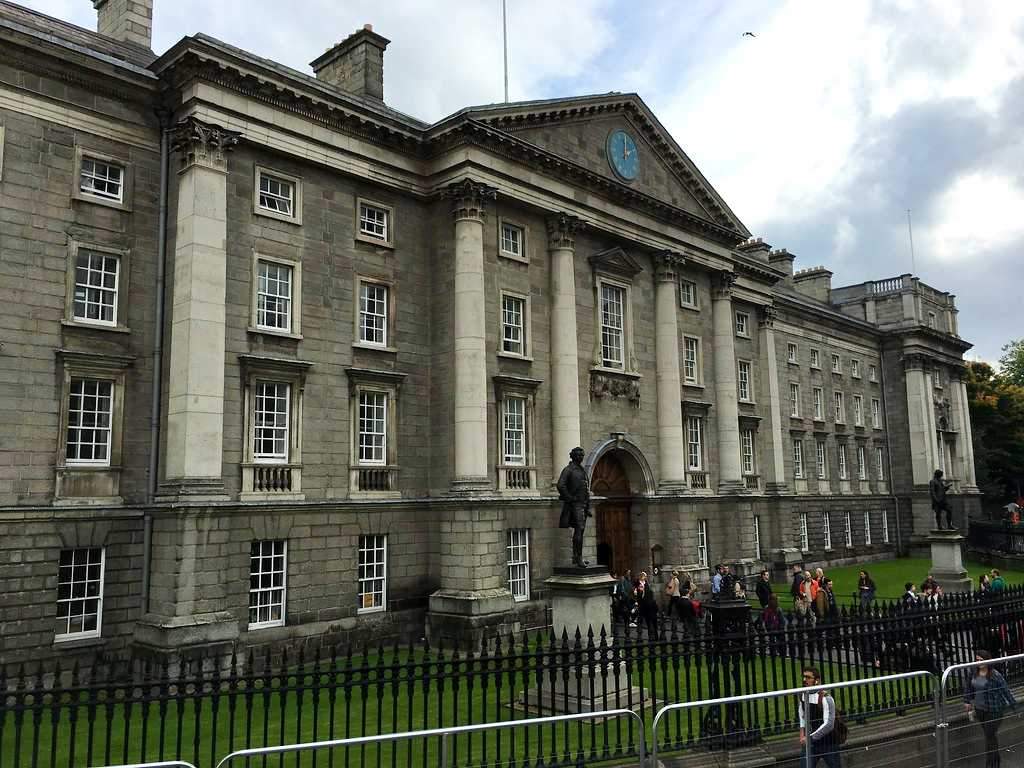In an effort to identify and cater to the needs of PhD students in the wake of Covid-19, the Trinity College Dublin PhD Workers’ Rights Group (TPWRG) and Graduate Students’ Union (GSU) have announced the launch of a Covid-19 impact survey for PhD candidates.
President of the GSU Gisèle Scanlon released a statement addressing students when the survey was made available: “We at the GSU, wish to explore the challenges that the Covid-19 pandemic has caused to your research and welfare in the recent months.”
The ongoing impacts of Covid-19 have affected PhD students harshly, as they have not been able to access College resources and workspaces and have therefore lost most of their ability to continue research. Additionally, most research visits and trips have been cancelled due to travel restrictions, which has critically reduced the ability of students to pursue work which might be fundamental to their projects.
According to Thomas Dinneen, one of the authors of the survey, “PhD candidates have faced major disruptions to their research, income, and welfare during the ongoing Covid-19 pandemic. The challenges of the pandemic are further compounded with the ongoing financial struggles of many PhD candidates who earn less than minimum wage with no entitlement to state supports.”
Most PhD students qualify as low-wage workers whose main source of income derives from opportunities of teaching, demonstrating, and invigilation work based in College. However, on a legal level, they are recognised as students and not workers, meaning that their current loss of income from College is not covered by the pandemic unemployment payment.
Since the Covid-19 pandemic has effectively shut down all sources of income for PhD candidates, as the government was forced to close academic institutions, a loss of financial stability has “added to the financial woes of PhD candidates already struggling with Dublin’s inflated cost-of-living and rental market”, details a press release explaining the necessity for the survey.
Furthermore, PhD students who are parents, carers, or have disabilities have lost crucial access to support services within College. International students, as well, remain uncertain about their ability to return to or reside in Ireland to continue their research for the coming year.
In all, many PhD candidates are uncertain about whether or not to use this opportunity to extend or defer their research. Where extension or deferral is impossible, some PhDs are considering withdrawal from Trinity.
The survey, in collaboration between TPWRG and GSU, hopes to “cast greater light on the extent of the challenges faced by PhD researchers during the pandemic and its findings will be used to advocate for greater support at the local and national level.”
Dinneen believes that the challenges brought onto PhD students by the Covid-19 pandemic and the reaction of the Irish government “will have clear negative effects” on both research and teaching within Irish universities for months and years to come. The survey aims to bring about recognition for the significant impact of PhD researchers and support for their financial woes.
Conor Reddy, of the TPWRG Steering Committee, believes that “the importance of recognising PhD students as workers with collective bargaining rights has been re-emphasised by our experience of the pandemic” and hopes that the recognition brought about by the survey will “bring [PhD students] closer to living incomes, greater credit for the work we do and crucially, access to state-supports that other workers enjoy.”
Gisèle Scanlon adds that the GSU plan to “consider carefully” the results of the survey in order to “bring improvement to the research space and to the health and well-being of all TCD doctoral candidates.” Not only will their participation in the survey help the GSU to determine how to remedy the detrimental effects of Covid-19 on PhD students, Scanlon says, but it will “help us also to lobby collectively for them in 2020/21.”
This article was amended at 3:15 pm on July 15 to add additional statements from Gisèle Scanlon.






